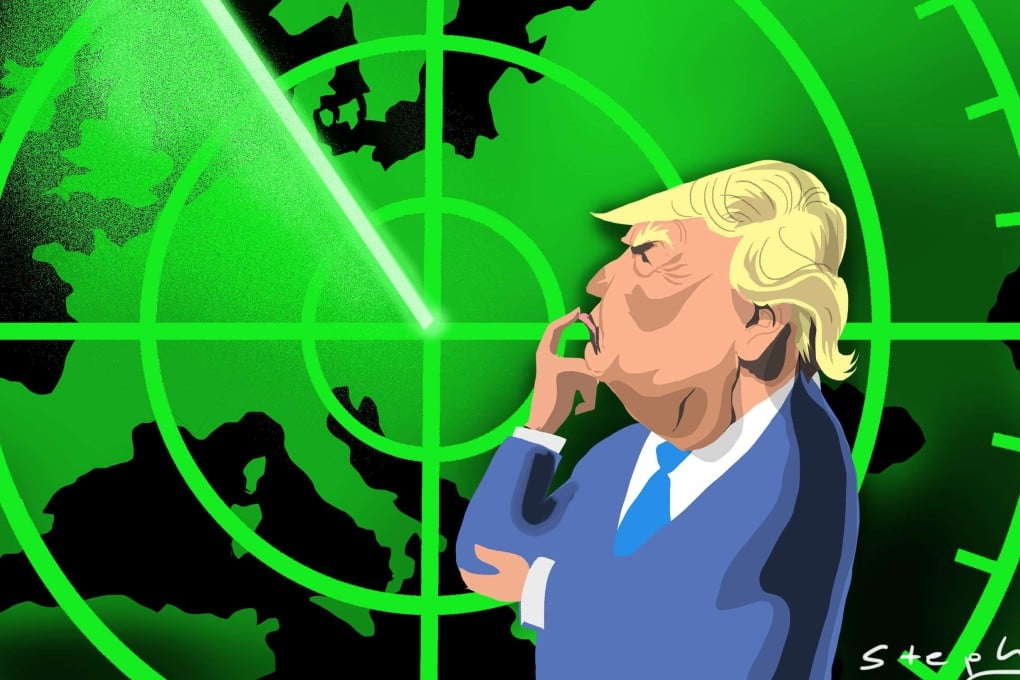Will Asia disappear from the US radar under Trump?
Derwin Pereira says among the president-elect’s foreign policy priorities, US connections to Asia appear the most tenuous, and a shift away from the region would benefit China


Under Trump, the US will accept China’s rise – as long as it doesn’t challenge the status quo

Nato leaders gear up for threats from Russia
However, Europe could rededicate itself to Nato in order to keep the US anchored in the continent. The transatlantic security alliance is a multilateral institution that has stood the test of time since the end of the second world war. It is the most potent diplomatic weapon that the United States possesses in dealing with Russia. Hence, it is inconceivable that even as radical an American leader as Trump would scuttle it, thereby losing the leverage that he would possess against Russia one day – no matter how much he might admire President Vladimir Putin personally today.

Trump, trade and the US pivot to Asia: what lies ahead?
Europe itself will need America more as its own fissures come to the fore. Brexit will mean the departure of a major economic power from the European Union. Elections in Germany and France next year could loosen the union further. The strain of debt relief for Greece would add to the centrifugal forces in Europe. A weakened Europe would turn to the US, with which it has strong historical and cultural links, for a sustainable identity in an uncertain world.
Essentially, therefore, with or without a friendly connection to Russia, American relations with Europe will remain important to the Trump presidency.
